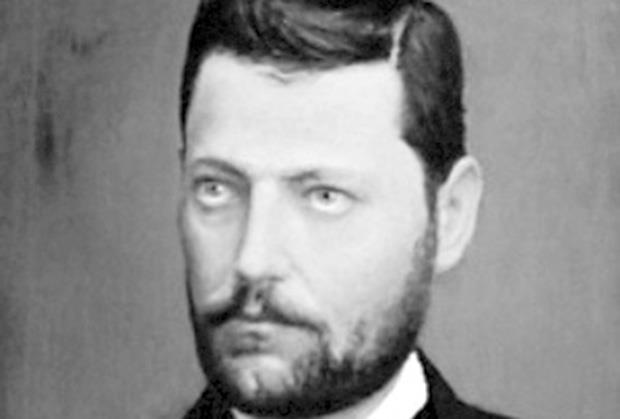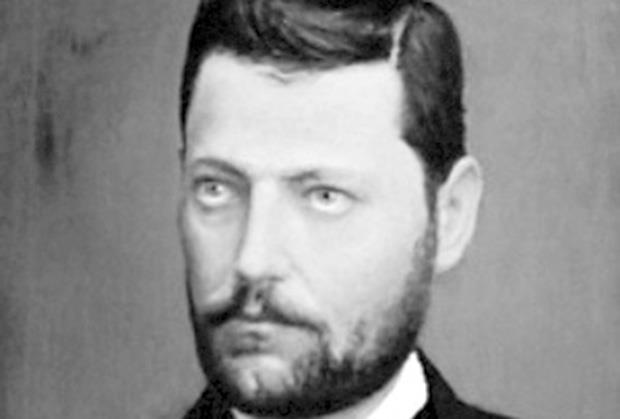Borislav Stanković: The Writer Who Witnessed War and Social Betrayal
In August 1929, just a year before his death, the great Serbian writer Borislav Stanković gave one of his last interviews. The conversation with Branimir Ćosić reveals a dark and painful truth about war, literature, and the social turmoil surrounding him.
War and Disillusionment
Stanković was not just a writer but a witness to horrific war atrocities. He saw blood, ruins, dead children, and destroyed lives. Though he tried to express these horrors through art, he was deeply disillusioned by the power of art to change the world. “What art, what literature? What can it do next to butchered people and spilled blood?” he asked.
Social Marginalization and Accusations of Betrayal
During World War I, Stanković wrote for an occupier’s magazine, but he did so out of necessity to feed his family and often criticized the Serbian bourgeoisie. Yet society branded him a traitor. Ironically, those who collaborated with the occupiers more directly were spared, while Stanković was publicly lynched.
Criticism of Young Writers and Literary Trends
Stanković was a harsh critic of the literary trends of his time. He disliked how young writers constantly emphasized their “I” and believed literature should reflect culture, not selfish personal statements. He also criticized the style imposed by Skerlić, which, in his view, ruined several talents by insisting on polish and correctness instead of honesty and expressive power.
Literary Criticism and Morality
According to Stanković, pre-war Serbia had more moral literary criticism than his time. Contemporary criticism showed no love for young talents and did nothing to culturally uplift them. He believed more support was needed for young writers and that literary societies should be a help, not a hindrance.
Fatigue and Withdrawal
At the end of the interview, Stanković admitted he was tired and no longer wanted to write. It was not just old age or a whim but a deep personal disappointment in the power of art and a society that rejected him. “If a man cannot give better than before, it is better to give nothing,” he said.
Conclusion
This interview reveals not only the personality of Borislav Stanković but also a dark picture of a society that rejected a great artist. His words about war, betrayal, and literature still resonate as a warning and a call to reflect on the role of art and social values.
If you thought literature was just pretty words and entertainment, think again. Stanković reminds us that art is a mirror of society – and sometimes its harshest judge. So, what do you think – is art really powerless against war and human evil? Drop a comment and let’s see who’s on Bora’s side and who thinks he was just an old-fashioned pessimist!





















